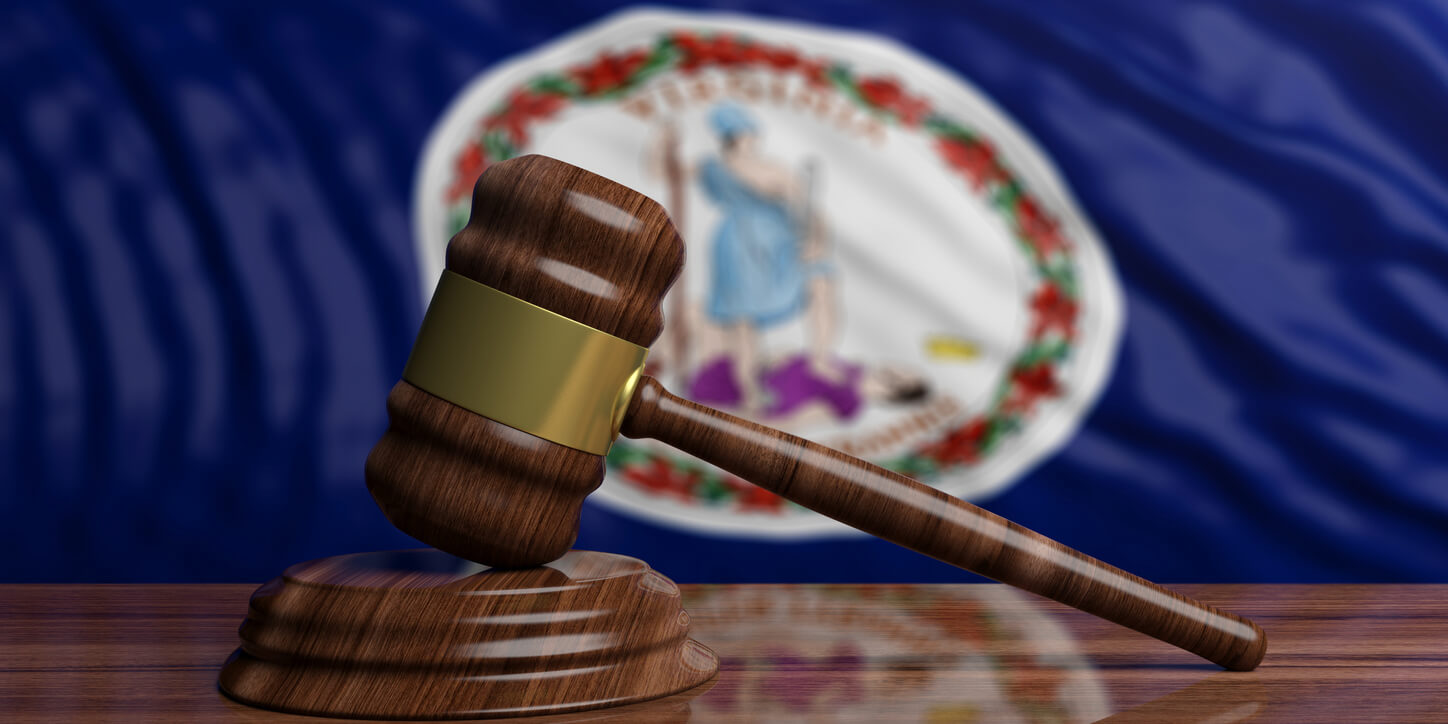
Abuse of Discretion: The Toughest Standard Of Review To Overcome
I have written and taught CLEs about the importance of knowing the standard of review that an appellant will face on appeal. This is critical because appeals are NOT a “do over” of the trial. Appeals are nothing more (or less) than a claim that the trial court made a bad decision, and not every decision that trial judges make is reviewed the same way. (For more details on this, see my article in the Fall 2019 issue of the VBA Young Lawyers Division publication “Opening Statement”).
Many decisions are left to the “sound discretion of the trial court” and are reversed only for abuse of discretion. Under this standard “the trial judge’s ruling will not be reversed simply because an appellate court disagrees.” Thomas v. Commonwealth, 44 Va. App. 741, 753 (2005). Instead, the decision will be reversed only if the appellate judges are convinced that “reasonable jurists could not differ” as to the proper decision. Brandau v. Brandau, 52 Va. App. 632, 641 (2008). As one might expect, reversing a discretionary decision is very rare. Appellate judges are hesitant to say, or even imply, that their trial-court colleagues are not “reasonable jurists.” Generally, the only reason a trial court will reverse a discretionary decision is when they determine that the trial court’s discretion was for reversing a decision under this standard of review is when the trial judge’s discretion was “guided by erroneous legal conclusions,” Dean v. Commonwealth, 61 Va. App. 209, 213 (2012), such as deciding to allow a jury instruction that states the law improperly, or erroneously applying the rules of evidence when deciding to admit or exclude some piece of evidence. When arguing to overturn a decision that is otherwise up to the discretion of the trial court, it is important to frame the argument as a claim that the trial judge’s discretion was guided by some kind of error of law.
A recent case in the Supreme Court of Virginia illustrates the difficulty of winning a reversal under this standard of review. The case is Smallwood v. Commonwealth, the opinion was issued on January 13, 2022. Mr. Smallwood was arrested in 2015 for possession of heroin. He eventually pled guilty, and because he was a first time offender, he was given a “deferred disposition.” Such alternative punishments, often offered when the accused has no prior convictions, generally involve an agreement where the accused pleads guilty, acknowledging that the facts are sufficient to convict them. The court then defers the finding of guilt for a period of time (usually a term of months, up to a year), subject to certain terms and conditions. At the end of the deferral period, as long as the accused complies with the terms and conditions, the charges are dismissed leaving the person with a clean record and a chance for a fresh start.
Mr. Smallwood’s plea hearing took place on May 30, 2016, and the court deferred it’s finding of guilt for one year. One of the conditions of his deferred disposition was paying court costs. The opinion details the events of the next couple of years, but the long and short of it is that he signed a promise to participate in a payment plan, was given two extensions, and at a hearing on November 14, 2018, admitted that after two and a half years he had not made a single payment, despite being employed virtually the entire time. His only excuse was that he was “unable to pay.” The court found that Smallwood had not complied with the terms of the deferred disposition, adjudicated him guilty, and sentenced him to two years’ imprisonment, all suspended.
Mr. Smallwood appealed, claiming that the circuit court had acted beyond its authority, set conditions that violated the statute and constitution, and the decision to convict him for “his inability to pay court costs” also violated both the state and federal Constitution. The Court of Appeals affirmed his conviction, noting that the relevant statute (Va. Code § 18.2-251) grants judges wide discretion to set terms and conditions for a deferred disposition, and that he was convicted for possession of heroin, not for failure to pay costs. The Supreme Court of Virginia granted him an appeal, and the opinion provides a detailed analysis of each of his claims including a thorough interpretation of the statutory language that would make any “grammar nut” happy, with a citation to a dictionary and a discussion of the proper use of the indefinite article “a.” Ultimately the Justices agreed that Code § 18.2-251 granted broad discretion to the circuit court to impose alternatives to incarceration, that the obligation to pay court costs was a valid condition under the statute, and that his failure to satisfy that obligation within the time period of his deferral (which was extended to over two and a half years) was a valid basis for convicting Mr. Smallwood. The Court concluded by noting that “Absent any showing that the circuit court abused its discretion, we cannot say that the circuit court erred in choosing to convict Smallwood.” (emphasis my own)
One might be understood for agreeing with Mr. Smallwood’s argument that he was convicted “for failing to pay court costs.” But the unfortunate reality is that when courts are given discretion to set conditions for a deferred disposition, as they are by Code § 18.2-251, and a person agrees to those conditions, their conviction is not “for failing to comply with the condition.” The conviction is based upon their actions which violated a statute, their failure to comply with the condition means that they will suffer the natural consequences of those actions, rather than avoiding them via an alternative (the condition established by the court). Even more importantly, Mr. Smallwood never presented evidence to support his later claim that he was simply “unable to pay” and in fact made repeated promises in the intervening two years that he could, and would, pay the roughly $1100 in costs that he owed (a logical course of action, given that the alternative was a criminal conviction and possible prison term). Undoubtedly the payments of $110 per month were significant to an individual with limited resources, but given his repeated affirmations that he would pay, the circuit court ultimately concluded that he had willfully refused to make a bona fide effort to satisfy the conditions of his deferred disposition. The circuit court had the discretion to set the conditions it set, and the discretion to enforce those conditions. Its discretion was not guided by any erroneous legal conclusion, and thus even if the Justices might have done something different had any one of them been the trial judge in the case, the standard of review did not allow them to simply change the outcome. They could only have reversed the decision if “reasonable jurists could not differ” as to the proper decision.
I commend Mr. Smallwood’s attorneys for their skilled efforts to convince the Court of Appeals and the Supreme Court that the judge’s discretion was guided by erroneous legal conclusions. Such arguments are the only way to prevail when finding fault with a discretionary decision like the one in question here. The Justices obviously gave careful consideration to these arguments, and the skill of the attorneys involved is apparent in the detailed evaluation of their arguments in the opinion.



